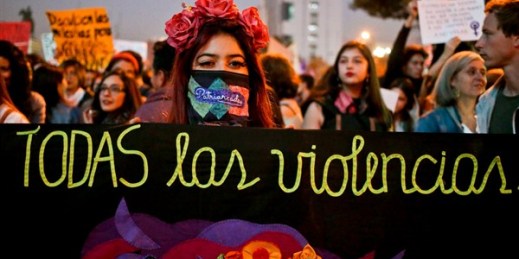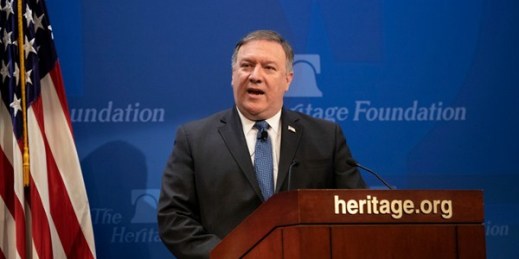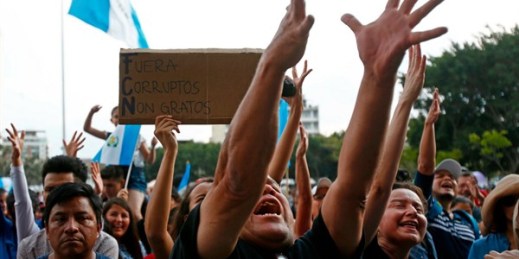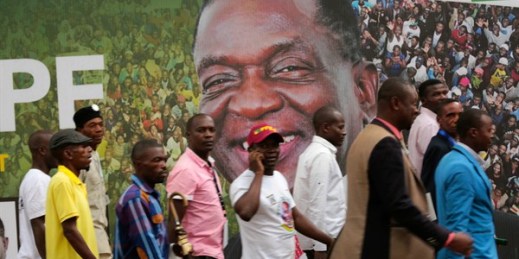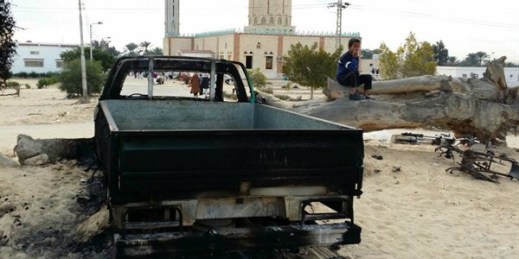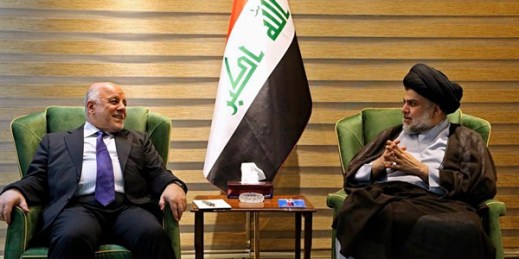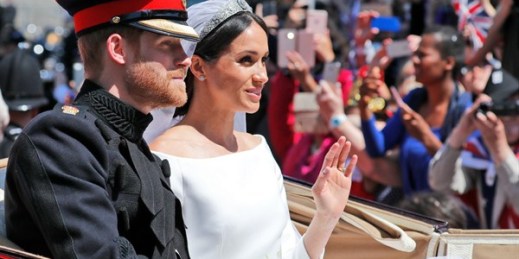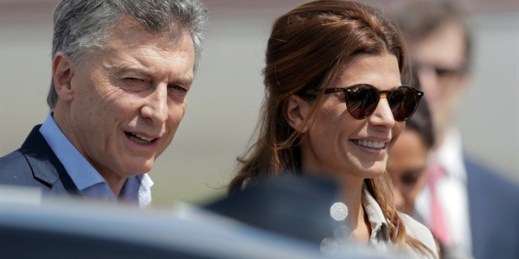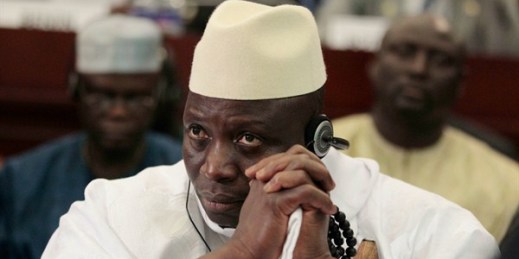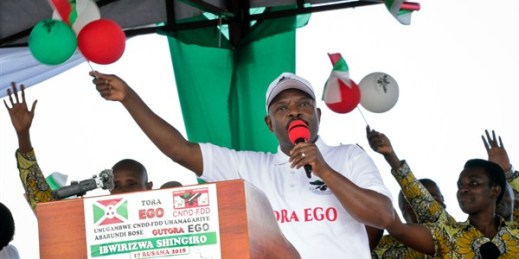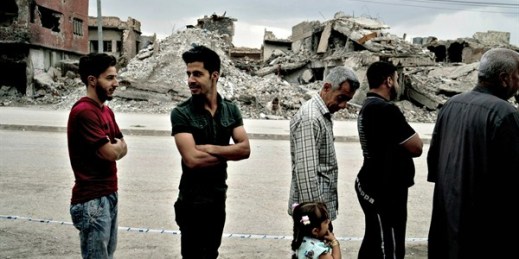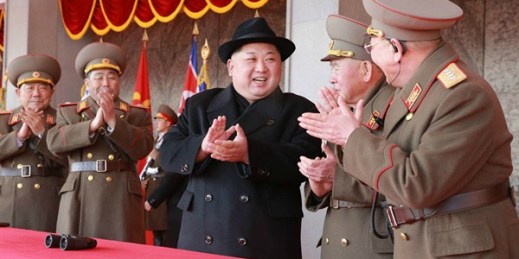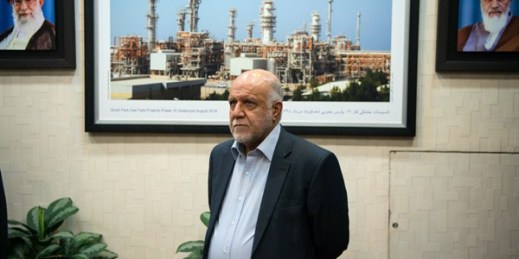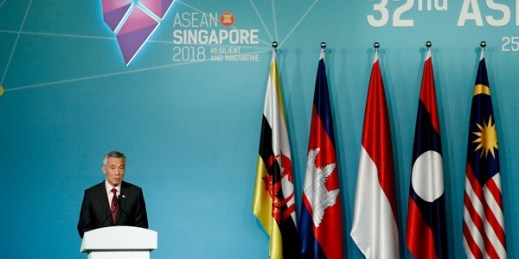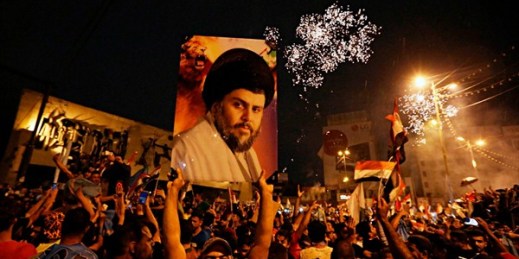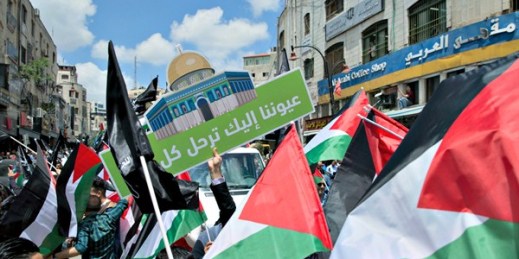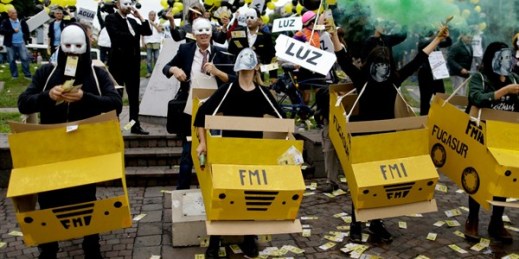
Last Friday, the International Monetary Fund formally opened negotiations with Argentina for a financial bailout, after a run on the Argentine peso drove its value down by roughly 20 percent against the dollar between January and the beginning of May. The financial crisis comes against the backdrop of Argentine President Mauricio Macri’s unpopular economic reforms, which have so far struggled to deliver promised results. In an email interview, Bruno Binetti, a Buenos Aires-based nonresident fellow at the Inter-American Dialogue, discusses the causes of the financial crisis, and the economic and political implications of an IMF bailout for Argentina and Macri. […]

